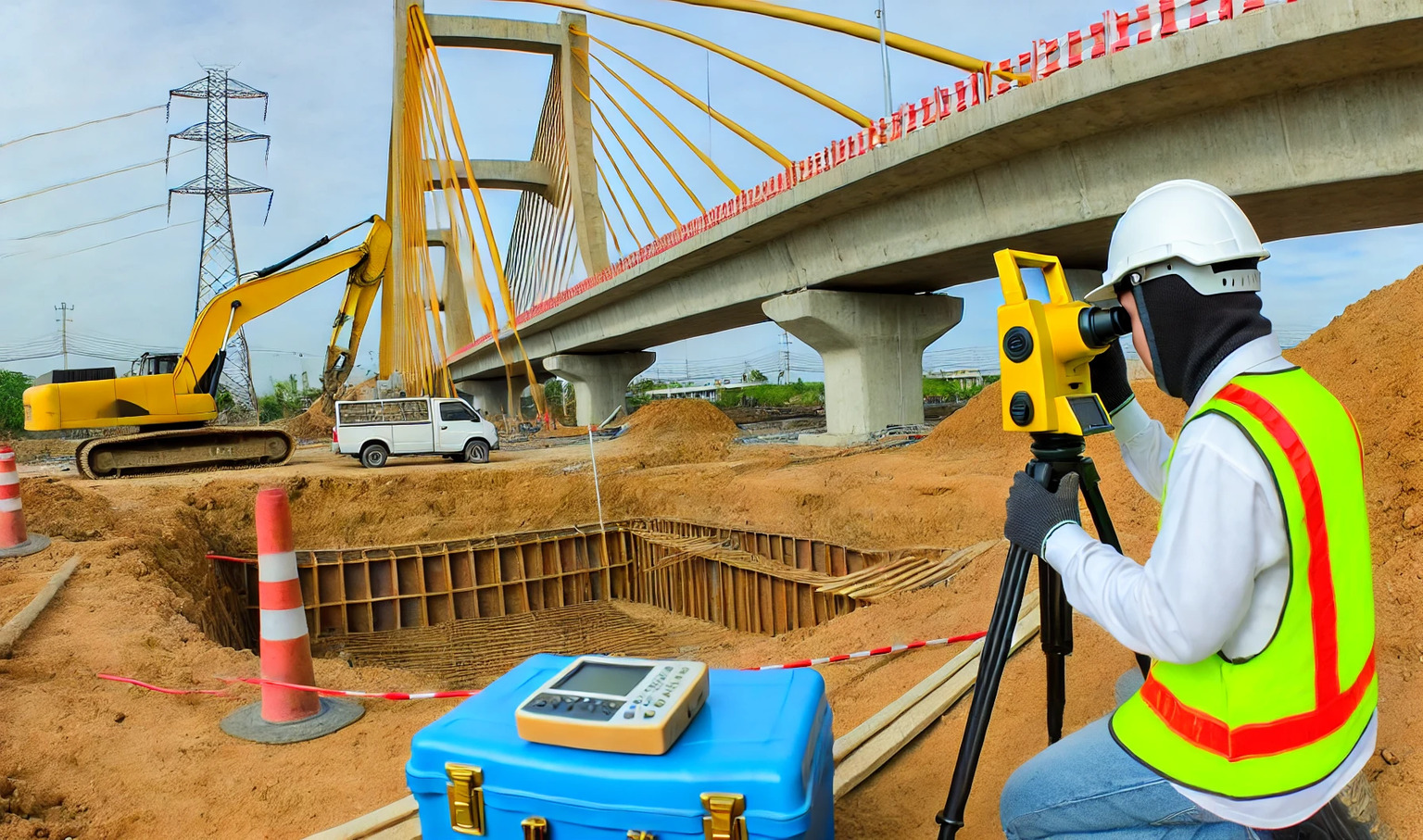Geotechnical studies play a vital role in construction projects. These studies examine soil, rock, and groundwater conditions at a site. The insights they provide shape the foundation of any successful construction endeavor.
Understanding the ground beneath a project is critical. The stability of structures relies heavily on the conditions of the earth they stand on. This makes geotechnical investigations an essential step in planning.
Identifying Risks Before Building
Each site has unique geological characteristics. Some soils can support heavy loads, while others might shift or collapse under stress. Unforeseen issues can lead to delays, safety hazards, and increased costs. Comprehensive geotechnical studies reduce these risks by identifying potential problems early.
For example, soil with poor load-bearing capacity may require reinforcement. Groundwater levels might influence excavation plans. These factors, when overlooked, can result in structural failures or costly redesigns.
Enhancing Safety and Stability
A structure is only as strong as its foundation. Weak or unstable ground can jeopardize safety. Geotechnical engineers conduct detailed analyses to determine whether the site can support the planned design. This process ensures the building remains stable under various conditions, such as earthquakes or heavy rainfall.
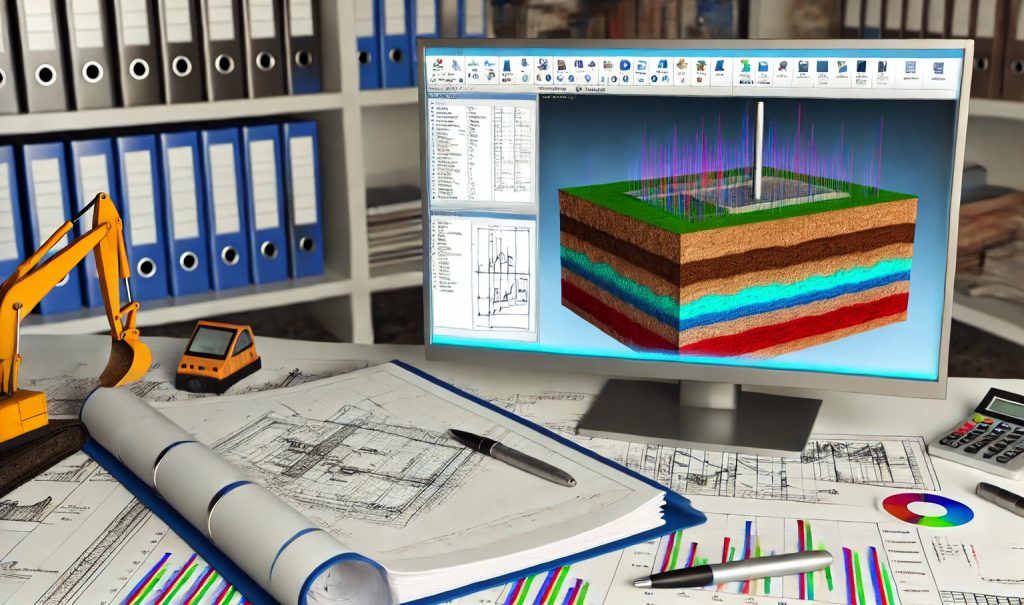
These investigations also provide recommendations to address specific challenges. Solutions like deep foundations, soil compaction, or drainage systems are often proposed based on findings. These measures improve long-term safety and reliability.
Cost Efficiency in the Long Run
Investing in geotechnical studies might seem like an added expense. However, it often saves significant money over time. Proper planning prevents costly surprises during construction. Engineers can design foundations that suit the ground conditions, avoiding overengineering or underestimating requirements.
Ignoring geotechnical assessments can lead to issues like cracks, settling, or even structural failure. Repairing these problems later often costs much more than preventive measures.
Guiding Sustainable Development
Sustainability has become a key consideration in modern construction. Geotechnical studies contribute by promoting environmentally responsible practices. They evaluate the impact of construction activities on the surrounding area. Erosion control, groundwater protection, and minimizing excavation waste are common objectives.
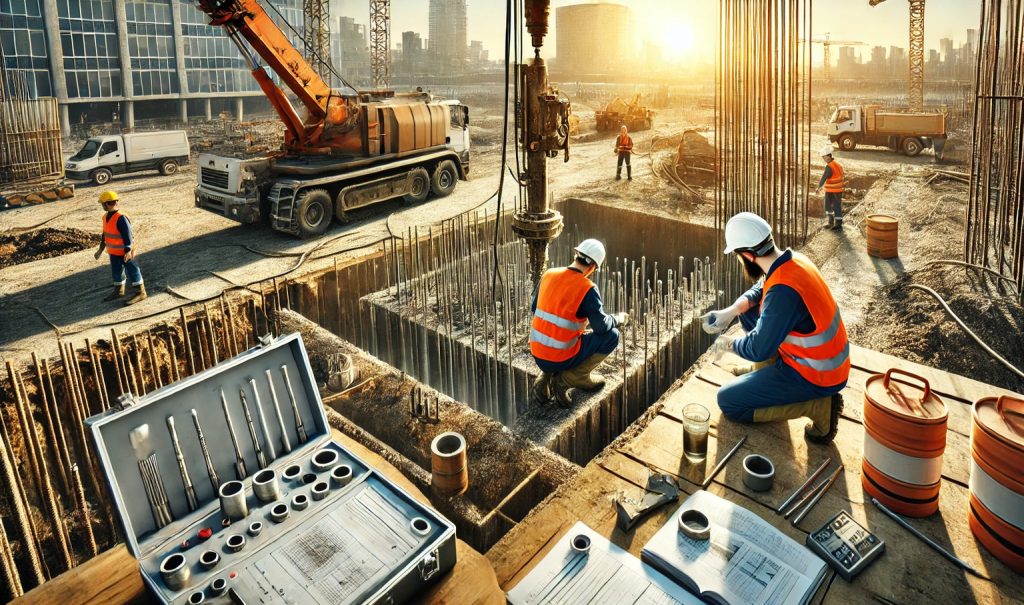
These studies also support the use of renewable energy systems. For example, engineers analyze ground conditions for geothermal installations. This helps integrate sustainable solutions into project designs seamlessly.
Adapting to Site-Specific Needs
Every construction site presents different challenges. Urban areas might have old foundations or buried utilities. Rural sites could involve loose soil or uneven terrain. Geotechnical investigations tailor solutions to these unique conditions.
Custom solutions ensure the project aligns with local regulations and environmental requirements. This avoids delays due to non-compliance or unforeseen complications.
Facilitating Smooth Construction Processes
Construction involves multiple stages. From excavation to final finishing, geotechnical studies ensure smooth transitions between phases. They provide data on soil strength, water content, and compaction needs. This information helps contractors plan effectively.

Accurate geotechnical reports reduce miscommunication among teams. Engineers, architects, and contractors can collaborate better when they have reliable data. This improves efficiency and minimizes disruptions during construction.
Ensuring Longevity of Structures
Durable buildings require robust foundations. Geotechnical studies analyze long-term factors affecting the site. Changes in groundwater levels, soil movement, or seasonal variations are all considered. This foresight ensures the structure remains stable for decades.
Maintenance planning also benefits from these studies. Knowing potential risks in advance helps property owners prepare for routine inspections or necessary repairs.
Examples of Critical Applications
Infrastructure projects often face complex geotechnical challenges. Highways, bridges, and tunnels require thorough investigations. These studies guide engineers in choosing materials and designs suited to extreme loads and conditions.
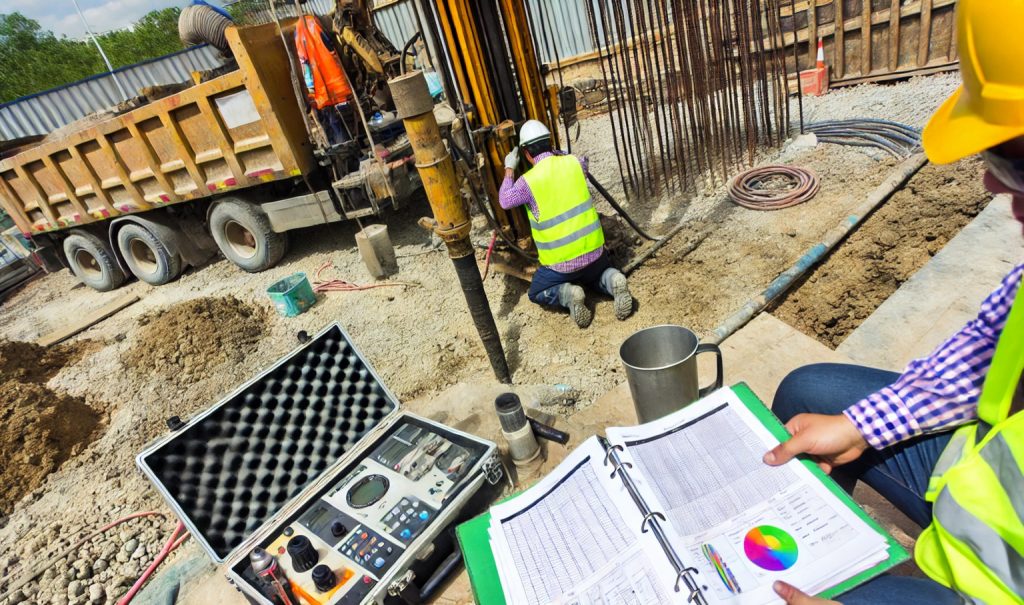
Urban developments benefit from geotechnical expertise as well. Skyscrapers, underground parking lots, and transit systems rely on precise assessments. Even residential construction gains stability and safety from these evaluations.
Bridging Construction and Environmental Balance
Modern construction must balance development with environmental preservation. Geotechnical studies support this balance by assessing the ecological impact of projects. Wetlands, forests, or protected areas near construction sites require special attention.
Recommendations from geotechnical engineers help minimize disruption to natural habitats. This aligns construction practices with sustainable development goals.
The Role of Advanced Technologies
Technology has enhanced geotechnical studies significantly. Tools like ground-penetrating radar, drones, and 3D modeling provide accurate data quickly. These advancements improve the efficiency and reliability of investigations.
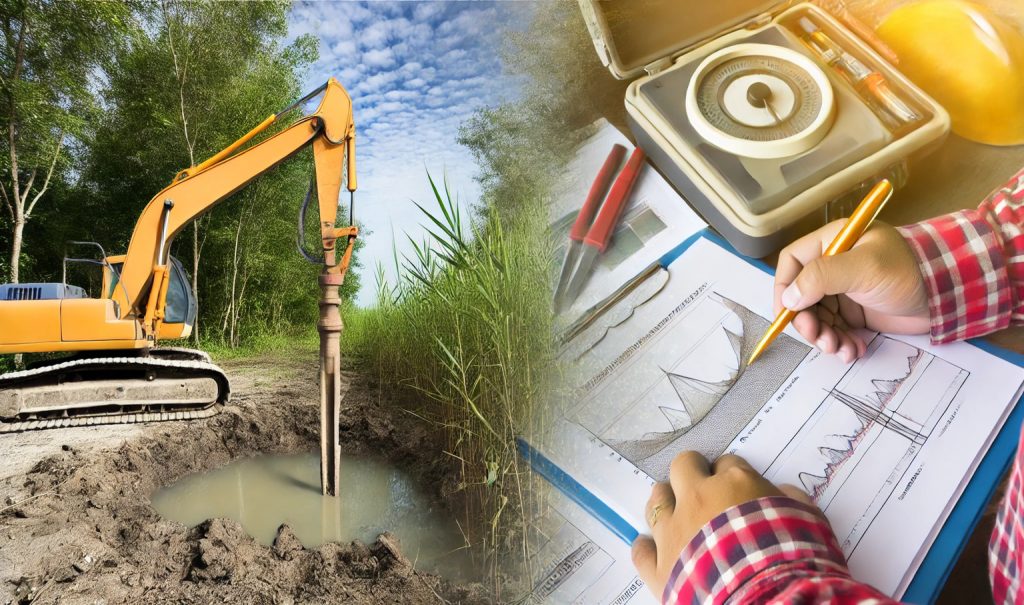
For example, satellite imaging helps monitor large sites remotely. Sensors embedded in the ground can track real-time changes in soil conditions. Such innovations make geotechnical assessments more accessible and effective.
Educating Stakeholders
Geotechnical studies often involve multiple stakeholders. Builders, developers, and investors all benefit from understanding site conditions. Detailed reports explain findings in clear terms. This fosters better decision-making and collaboration throughout the project.
Stakeholders can avoid misunderstandings and align their expectations with practical realities. This transparency builds trust and ensures smoother project execution.
Why Skipping Geotechnical Studies is Risky
Neglecting geotechnical investigations can have severe consequences. Structures built without proper assessments may face costly repairs or even demolition. Safety risks also increase, endangering lives and property.
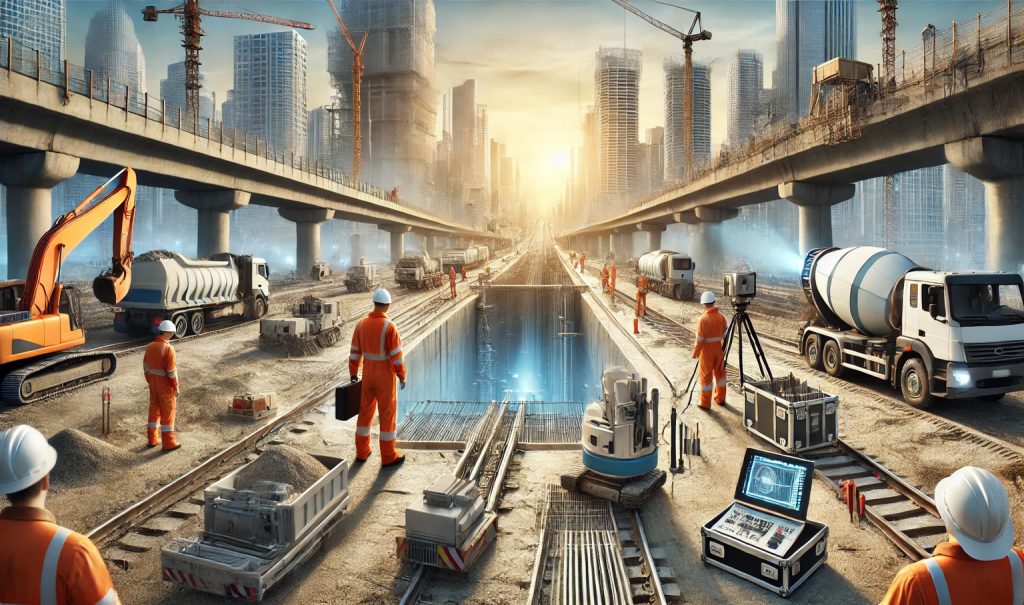
Laws and regulations often require geotechnical reports for specific projects. Skipping this step can lead to legal issues and fines. Compliance with these requirements ensures projects proceed without unnecessary setbacks.
Conclusion
Geotechnical studies form the backbone of successful construction projects. Their insights guide every phase, from planning to completion. They ensure safety, reduce risks, and save costs in the long run. Sustainable practices and modern technologies further enhance their value.
Planning a construction project? Don’t skip this critical step. Consult geotechnical experts today to build smarter, safer, and stronger.

